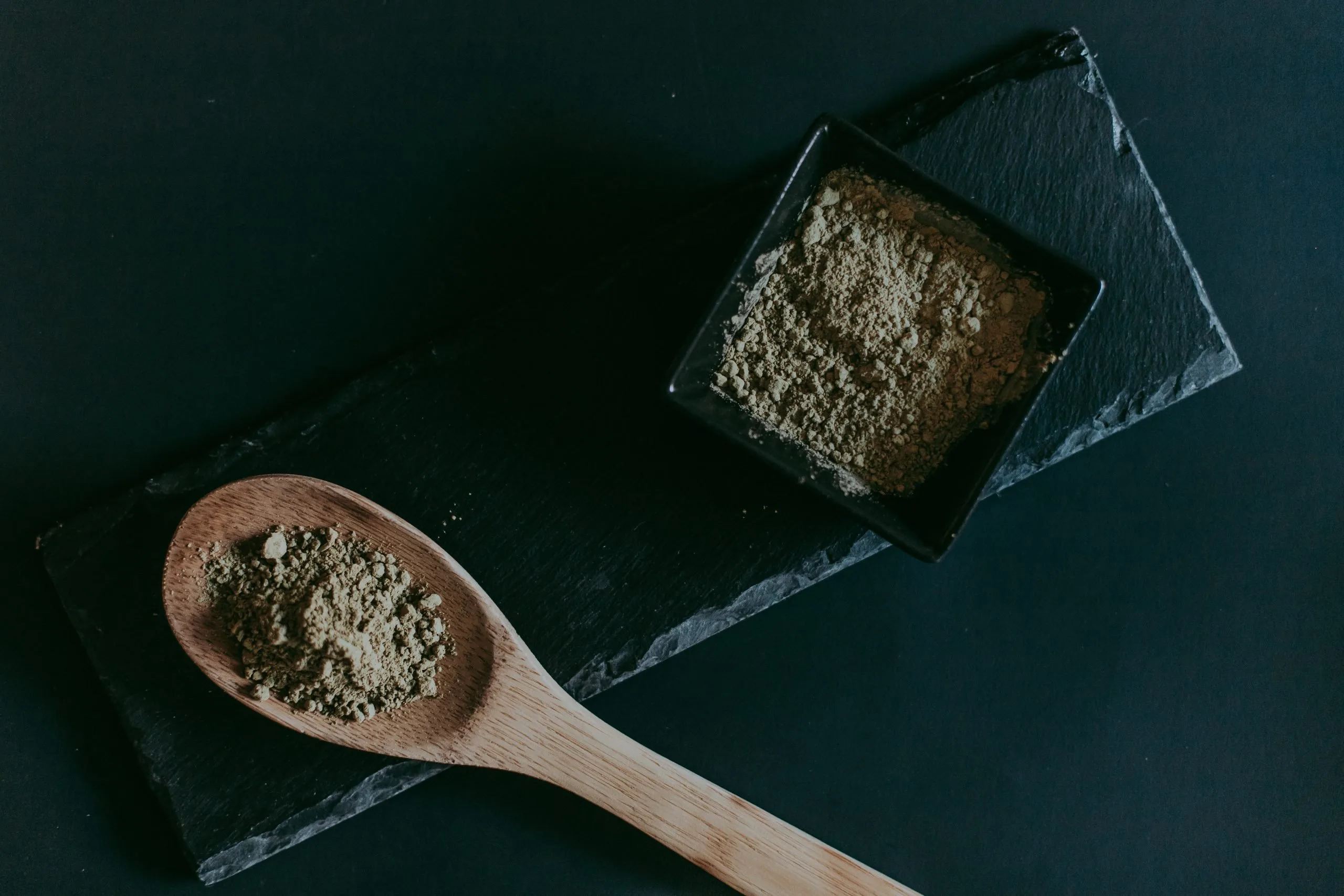Kratom is a tree that is native to Thailand, Malaysia, Indonesia, and Papua New Guinea. The leaves of the tree used to be used in traditional medicine. Now, however, kratom is being used as a recreational drug. In fact, limited research seems to suggest that it has a similar effect on the brain as opioids. The leaves themselves and extracts from them are used as both stimulants and sedatives. It’s also believed to be useful for treating chronic pain and digestive ailments and can even be used as an aid for opium withdrawal. The active ingredients of kratom are the alkaloids mitragynine and 7-hydroxy mitragynine. These alkaloids are useful in treating chronic pain as well as reducing inflammation.
How is it used?
Historically, kratom leaves were chewed, brewed into a tea, or even used in cooking. Today though, kratom is ground up in pills, crushed, or even smoked. How it works and what it does is mostly dosage dependant. When taken in low doses, it acts as a stimulant; and people who make use of these low doses report “having more energy, being more alert, and feeling more sociable”. In higher doses of between 10 and 25 grams, it works as a sedative which makes the user sleepy and can even induce a dream-like state. The effects kick in after as little as ten minutes and can last up to 6 hours. In the US, the most common way to take kratom as a supplement is in tea. It’s also available in paste, capsule, and tablet form. You can purchase OPMS Kratom shots too.
Side effects
The most common side effects of using kratom are nausea and constipation, other side effects include:
- Muscle tremors
- Itching
- Sweating
- Dizziness
- Dry mouth
- Seizures
- Hallucinations
- Liver damage
Is it safe?
The answer to this appears to be either ‘no’ or at the very least ‘we aren’t sure’. Kratom is not FDA approved and there hasn’t been enough research done on it yet. Overall, more research is needed in order to prove its effectiveness. At the moment, experts speculate that it could help in the treatment of anxiety, depression, diabetes, diarrhea, as well as high blood pressure, and pain. One of the major drawbacks is that users of kratom have a tendency to develop a dependence on it. This could be due to its similarity to opioids with regards to how it interacts with the brain.
People who use kratom for an extended period of time can experience some nasty side effects when they stop taking it such as:
- Decreased appetite
- Diarrhea
- Muscle pain and muscle spasms
- Twitching
- Watery eyes
- Anxiety
- Trouble sleeping and/or restlessness
- Negative mood changes
- Tension
- Anger
- Nervousness
- Hot flushes
- Fever
Why is it controversial?
Kratom is controversial because it hasn’t been studied in depth. This means that it cannot officially be recommended for medical use. It also means that you run more risk personally if you choose to use it.
Clinical studies are vital for drug development. A lack of clinical studies means that the effects of kratom when combined with other medications, is unknown. It also means that effective, safe dosages haven’t yet been identified or proven.
The bottom line
Whilst there might be some beneficial effects of taking kratom, with such little research, it could do more harm than good. The use of kratom lacks clinical evidence to prove the medical benefits as well as ascertain safe dosage. Many aspects of the drug thus remain unknown and make it unsafe to rely upon as a treatment.
References
https://www.healthline.com/health/food-nutrition/is-kratom-safe#takeaway
https://www.webmd.com/mental-health/addiction/kratom-facts
https://www.rxlist.com/kratom/supplements.htm
https://www.pbso.org/wp-content/uploads/2016/08/kratom.pdf
https://www.ncbi.nlm.nih.gov/pmc/articles/PMC3670991/
https://pubmed.ncbi.nlm.nih.gov/23206666/
https://pubmed.ncbi.nlm.nih.gov/23206666/
https://www.deadiversion.usdoj.gov/drug_chem_info/kratom.pdf



![women [longevity live]](https://longevitylive.com/wp-content/uploads/2020/01/photo-of-women-walking-down-the-street-1116984-100x100.jpg)










